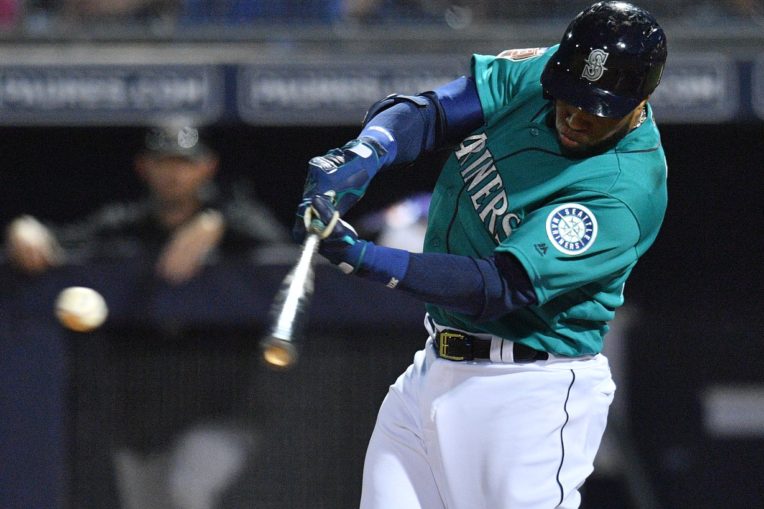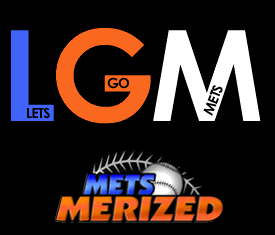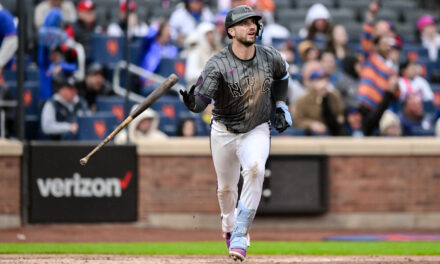
The way you hear critics of the Robinson Cano trade talk about the second baseman’s age, you’d think he was Bartolo Colon.
Well, Mets fans are lucky that Cano is not Colon. He’s younger, more statistically elite, and not as big — or sexy, for that matter. He is just two years removed from a top-ten MVP finish and has missed the All-Star Game just twice in the last nine seasons.
But this has not stopped the critics from suggesting that at 36, the Cano the Mets traded for will not resemble the Cano that played for the Yankees or even the Mariners. Critics have also pointed out that the five years and $120 million remaining on Cano’s monster deal (negotiated in part by one Brodie Van Wagenen) could become a major albatross on the Mets’ relatively minuscule payroll in years to come.
While the wisdom of parting with two of your top four prospects for Cano (and let’s not forget about Edwin Diaz, who was arguably baseball’s best closer last season) is certainly debatable — and the $120 million on Cano’s contract is certainly a *bit* more than you’d want to be paying a guy his age — let’s not pretend that he’s a latter-day Julio Franco. Cano is still an elite offensive second baseman, and his recent track record indicates that he’s still more than capable of being a solid middle-of-the-order hitter.
Since signing with the Mariners before the 2014 season, Cano has been one of the rare players who has not skipped a single beat after cashing in on a big contract. During his M’s tenure, Cano ranked third among all second basemen in home runs (107), sixth in runs (389), fifth in batting average (.296), and seventh in on-base percentage (.353). He finished top-ten among second basemen in fWAR in each of his seasons in Seattle, save for last year’s suspension-shortened season.
Further, Cano’s stats with the Mariners were roughly the same as they were with the Yankees. Cano batted .309/.355/.504 in Pinstripes, and .296/.353/.472 with Seattle. And after adjusting for park factors, he actually fared slightly better with the Mariners: His 129 OPS+ in Seattle is higher than his 126 career figure with the Yankees.
And while Cano certainly isn’t Roberto Alomar… wait, bad example. While Cano certainly isn’t Joe Morgan defensively, metrics indicate that he’s still an above-average defender. Cano posted a 0.3 dWAR in 80 games last year and has posted a positive number in that category in four of his five years in Seattle. Cano also saved nine defensive runs above the league average last season; he has saved below the league average just once in the last ten years. You can do a lot worse than Cano defensively.
All the talk about Cano “not hustling” is sort of moot when Cano puts up numbers like this. The fact that he continues to play at an elite level despite having a $240 million fully-guaranteed contract suggests that “hustle” seems to be a fairly small barrier to Cano excelling on the field.
None of this, of course, means that the Mets’ trade for Cano is necessarily a good trade — in fact, it’s certainly troubling on a number of levels, especially considering the potential Jarred Kelenic and Justin Dunn both have. But the notion that Cano has nothing left in the tank is not established by recent statistics. Optimistic Mets fans (if they still exist) have a lot of material to savor in Cano’s recent seasons if they want to get excited about 2019.














